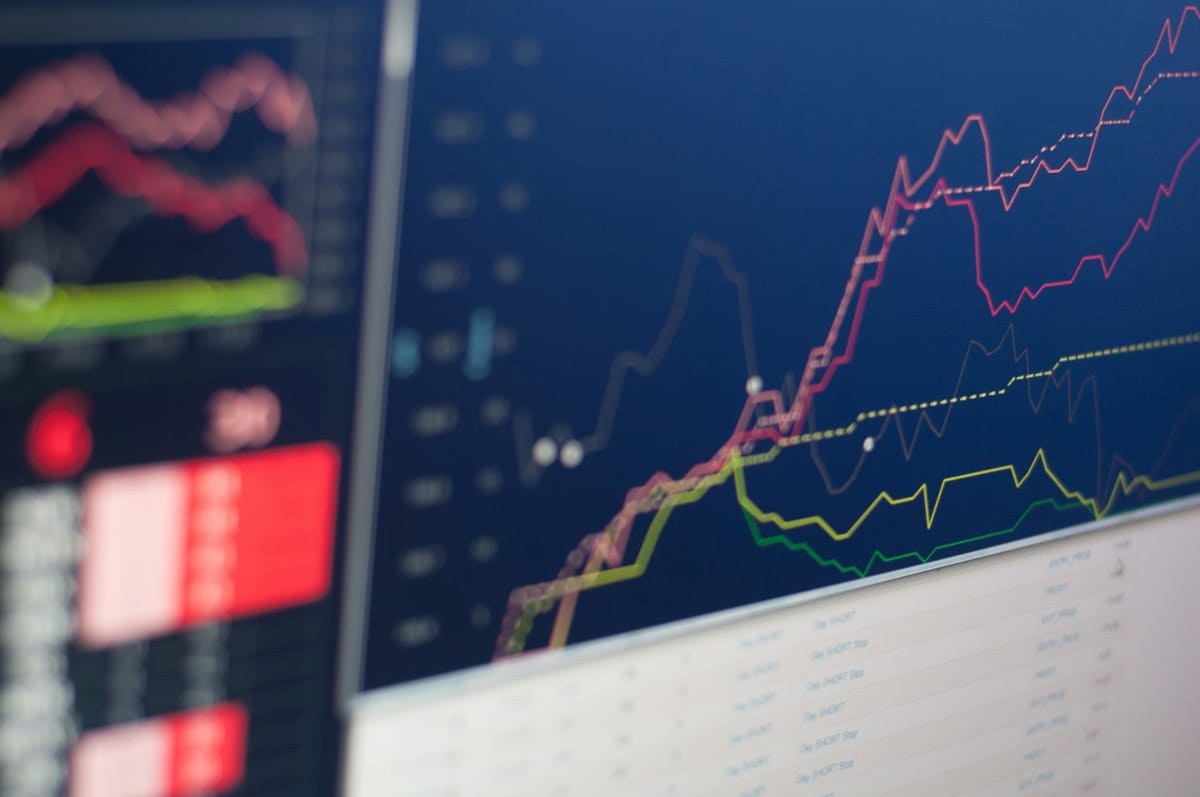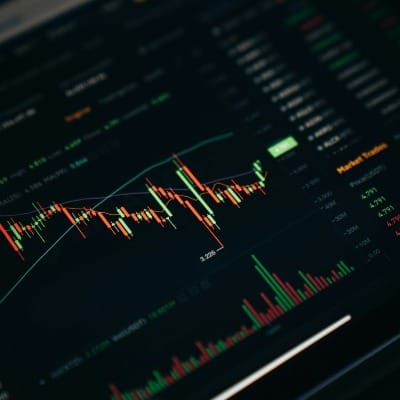Security vs Commodity: How Do They Compare?

Security vs Commodity: How Do They Compare?
Understanding the distinction between securities and commodities is crucial for traders and investors. While both are financial instruments, they serve different purposes in the market. Securities represent ownership or debt, such as stocks and bonds, whereas commodities include tangible goods like gold, oil, or agricultural products. Comparing commodities vs securities helps traders make informed decisions about their portfolios.
What Is a Security?
Securities are financial instruments that represent ownership (equities) or a creditor relationship (debt instruments) with an entity. They are typically traded on regulated exchanges, providing investors with access to a diverse range of investment options. Securities are often associated with long-term wealth building and dividend income.
Types of Securities
There are several types of securities, including equities, bonds, mutual funds, and exchange-traded funds (ETFs). Equities represent ownership in a company, while bonds are debt instruments issued by corporations or governments. Mutual funds and ETFs pool resources to invest in a diversified portfolio, appealing to risk-averse investors.
Purpose of Securities
Securities are designed to help entities raise capital and provide investors with an opportunity to grow wealth. For example, purchasing equities allows investors to share in a company’s success, while bonds provide a steady income stream through interest payments. This dual benefit makes securities a cornerstone of modern financial markets.
What Is a Commodity?
A commodity is a raw material or primary agricultural product that can be bought and sold, such as gold, oil, or wheat. Commodities are often traded in futures markets, allowing participants to hedge risks or speculate on price movements. This makes commodities an essential component of global trade.
Types of Commodities
Commodities are divided into two main categories: hard and soft commodities. Hard commodities include natural resources like oil and metals, while soft commodities cover agricultural goods such as coffee, wheat, and sugar. Understanding types of commodities helps traders specialize in markets they understand best.
Purpose of Commodities
Commodities serve as the building blocks of the global economy. They are critical for manufacturing, energy production, and food supply. In trading, commodities provide diversification and a hedge against inflation, as their prices often move inversely to other asset classes.
Security vs Commodity: Key Differences
How Securities and Commodities Are Traded
Securities are primarily traded on regulated exchanges like the New York Stock Exchange or Nasdaq, with strict rules ensuring transparency and investor protection. In contrast, commodities are often traded on specialized markets, such as the Chicago Mercantile Exchange, using commodity derivatives like futures and options. These derivatives allow traders to speculate or hedge without owning the physical asset.
Types of Commodities and Securities Investors Should Know
Investors in securities often focus on stocks, bonds, and ETFs, while commodity traders may deal in crude oil, gold, or agricultural products. Each asset type requires unique strategies and knowledge. For example, equities are influenced by corporate performance, while commodities depend on supply and demand dynamics.
Investment Strategies for Securities and Commodities
Investors in securities typically use strategies like value investing, growth investing, or income investing. In commodities, strategies often revolve around price speculation or risk hedging. Diversification across both asset classes can balance risk and reward in a portfolio.

Risks and Rewards for Securities vs Commodities
Securities tend to have lower short-term volatility but carry risks like company bankruptcy or market downturns. Commodities, while offering inflation hedges, are highly sensitive to geopolitical events and weather conditions. Understanding the opposite of commodity behavior compared to securities is key for managing risks effectively.
Final Words on Security vs Commodity: Which One is Better to Trade?
Choosing between securities and commodities depends on your trading style, risk tolerance, and market knowledge. Securities are ideal for building long-term wealth, while commodities provide opportunities for high returns through short-term speculation. A balanced approach leveraging both asset classes may offer the best results.

FAQs About Security vs Commodity
What is the difference between commodities and securities?
Commodities are physical goods like oil and gold, while securities are financial instruments like stocks and bonds. Commodities are traded in futures markets, whereas securities are traded on stock exchanges.
Are commodities securities?
No, commodities are not securities. While both are tradable assets, they represent entirely different markets. Securities denote ownership or debt, while commodities are tangible goods.
Is Bitcoin a commodity or a security?
Bitcoin is classified as a commodity by the Commodity Futures Trading Commission (CFTC). Its decentralized nature and lack of ties to a corporation differentiate it from traditional securities.
What are commodity derivatives, and how do they work?
Commodity derivatives are financial contracts, such as futures or options, that derive their value from the price of an underlying commodity. They allow traders to speculate on price changes or hedge against price volatility.
How do securities and futures trading differ?
Securities trading involves buying and selling ownership or debt instruments, while futures trading deals with contracts to buy or sell an asset at a future date. Futures trading typically focuses on commodities but can also include securities indices.
FAQs About Funded Futures Network
What services does Funded Futures Network offer?
Funded Futures Network provides traders with capital, education, and tools to succeed in futures trading without risking their own funds.
What can I trade with Funded Futures Network?
With Funded Futures Network, you can trade a variety of futures contracts, including indices, commodities, and currencies. The majority of trades at FFN trade NQ (NASDAQ) or ES (S&P 500) which are in the CME market.
Does Funded Futures Network provide resources for learning about trading?
Yes, Funded Futures Network offers educational resources, live streams, and expert guidance to help traders improve their skills. Check out our trading platforms that come with any account you chose. They also have an onboarding call you're allowed to schedule after you sign up which can help with any questions you have regarding the platform.
How do I get started with Funded Futures Network trading?
To start, sign up on the platform, pass the evaluation process, and gain access to funded trading accounts tailored to your needs. You can chose your account and make sure you read all the rules.



